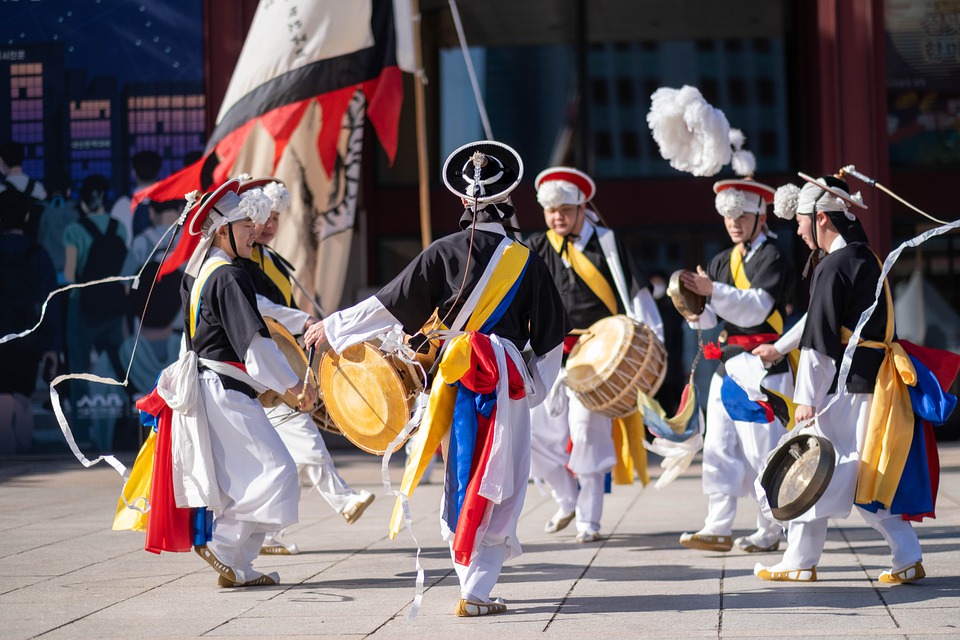Folk Festivals and Celebrations: Keeping Traditions Alive
Folk festivals and celebrations have been a part of human society for centuries, serving as a way to honor traditions, celebrate culture, and bring communities together. These events often feature music, dance, food, and other cultural activities that showcase the unique heritage of a particular region or group of people. In today’s fast-paced world, where technology and globalization are rapidly changing the way we live, it is more important than ever to preserve and promote these time-honored traditions.
The Importance of Folk Festivals
Folk festivals play a crucial role in keeping traditions alive by providing a platform for communities to come together and celebrate their cultural heritage. These events serve as a reminder of the customs, beliefs, and practices that have been passed down from generation to generation. By participating in folk festivals, individuals can connect with their roots, gain a deeper understanding of their ancestry, and foster a sense of pride in their cultural identity.
Furthermore, folk festivals are a way to promote cultural diversity and mutual respect among different groups of people. They provide an opportunity for individuals to learn about and appreciate the traditions of others, fostering a sense of unity and solidarity. In a world that is increasingly divided by political and social tensions, folk festivals serve as a powerful tool for promoting cross-cultural understanding and empathy.
Preserving Cultural Heritage
One of the primary objectives of folk festivals is to preserve and promote cultural heritage. These events showcase a wide range of traditional arts and crafts, music and dance performances, culinary traditions, and religious ceremonies that are unique to a particular community. By showcasing these cultural practices, folk festivals help to ensure that they are not lost or forgotten over time.
In many cases, folk festivals also serve as a means to pass down traditional knowledge and skills from one generation to the next. For example, young people may learn how to play traditional musical instruments, create traditional handicrafts, or perform traditional dances by participating in these events. By involving the younger generation in these activities, folk festivals help to ensure that these traditions will continue to thrive in the future.
Supporting Local Communities
In addition to preserving cultural heritage, folk festivals also play a key role in supporting local economies and communities. These events often attract a large number of visitors from both near and far, providing a boost to local businesses such as restaurants, hotels, and shops. By bringing in tourism revenue, folk festivals help to stimulate economic growth and create job opportunities for residents of the area.
Furthermore, folk festivals are a way to showcase the unique cultural and natural attractions of a particular region, drawing attention to its beauty and diversity. This can help to promote tourism and encourage visitors to explore other aspects of the local culture, such as traditional crafts, cuisine, and historical sites. By raising awareness of these hidden gems, folk festivals help to support the growth and development of local communities.
Creating a Sense of Connection
Finally, folk festivals serve as a way to create a sense of connection and belonging among community members. These events bring people together in a spirit of celebration, fostering a sense of camaraderie and unity. By sharing in the joys and traditions of their culture, individuals can forge meaningful relationships with others and strengthen the bonds of community.
Moreover, folk festivals help to build bridges between different generations, enabling younger and older members of the community to come together and share their experiences. By creating opportunities for intergenerational dialogue and collaboration, these events help to ensure that cultural traditions will continue to be passed down from one generation to the next.
Conclusion
In conclusion, folk festivals and celebrations play a vital role in keeping traditions alive and promoting cultural heritage. These events provide a platform for communities to come together, showcase their unique customs and practices, and support local economies. By participating in folk festivals, individuals can connect with their cultural roots, gain a deeper appreciation for their heritage, and build lasting relationships with others in their community.
As we navigate the complexities of modern life, it is important to remember the value of preserving and promoting traditional customs and practices. By supporting folk festivals and celebrating our cultural heritage, we can ensure that these time-honored traditions will continue to thrive for generations to come.

Leave a Reply